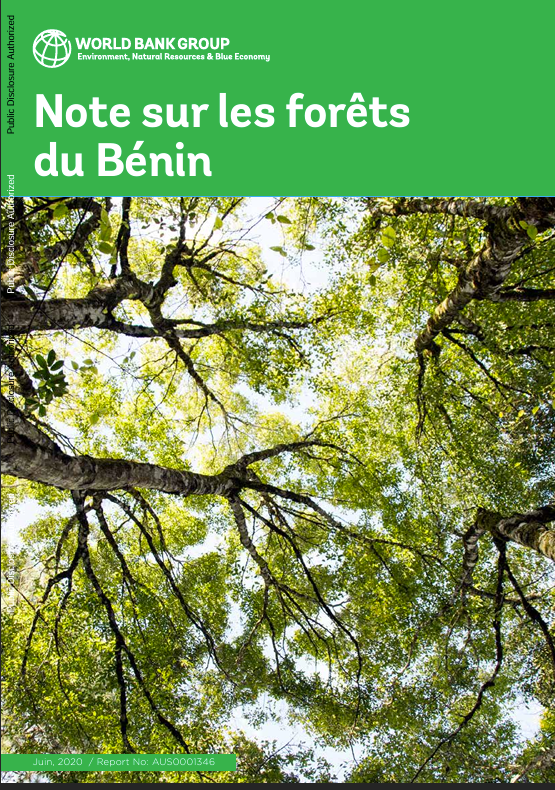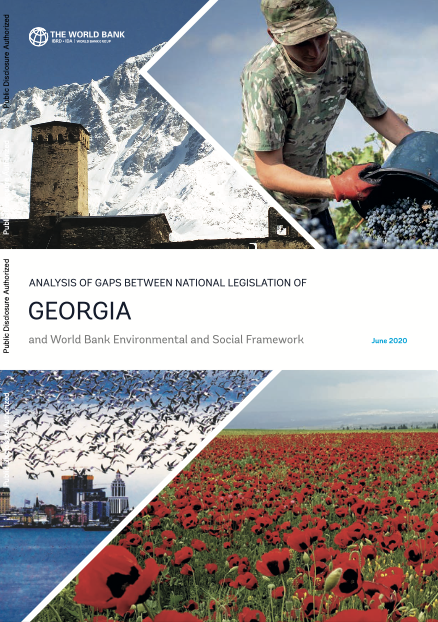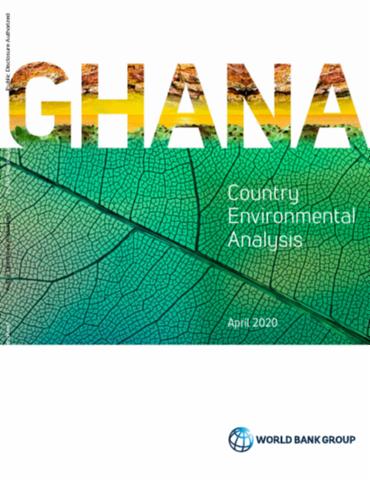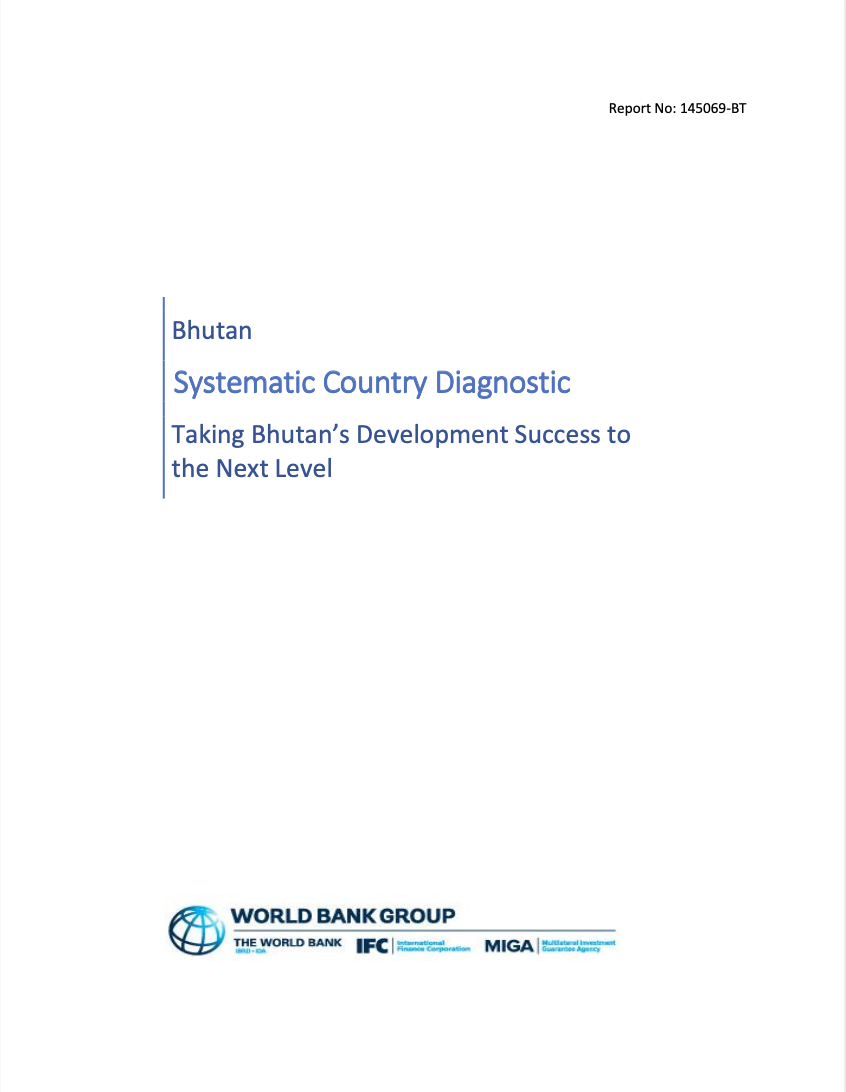The World Bank is a vital source of financial and technical assistance to developing countries around the world. We are not a bank in the ordinary sense but a unique partnership to reduce poverty and support development. The World Bank Group has two ambitious goals: End extreme poverty within a generation and boost shared prosperity.
- To end extreme poverty, the Bank's goal is to decrease the percentage of people living on less than $1.25 a day to no more than 3% by 2030.
- To promote shared prosperity, the goal is to promote income growth of the bottom 40% of the population in each country.
The World Bank Group comprises five institutions managed by their member countries.
The World Bank Group and Land: Working to protect the rights of existing land users and to help secure benefits for smallholder farmers
The World Bank (IBRD and IDA) interacts primarily with governments to increase agricultural productivity, strengthen land tenure policies and improve land governance. More than 90% of the World Bank’s agriculture portfolio focuses on the productivity and access to markets by small holder farmers. Ten percent of our projects focus on the governance of land tenure.
Similarly, investments by the International Finance Corporation (IFC), the World Bank Group’s private sector arm, including those in larger scale enterprises, overwhelmingly support smallholder farmers through improved access to finance, inputs and markets, and as direct suppliers. IFC invests in environmentally and socially sustainable private enterprises in all parts of the value chain (inputs such as irrigation and fertilizers, primary production, processing, transport and storage, traders, and risk management facilities including weather/crop insurance, warehouse financing, etc
For more information, visit the World Bank Group and land and food security (https://www.worldbank.org/en/topic/agriculture/brief/land-and-food-security1
Resources
Displaying 21 - 25 of 4907Note sur les forêts du Bénin
Les notes-pays sur les forêts constituent une pièce maîtresse du Plan d’action pour les forêts (EX1620) et du Plan d’action sur les Changements Climatiques (2016-2020) du Groupe de la Banque mondiale. Elles fournissent une évaluation approfondie de l’état actuel des forêts, du secteur forestier et des investissements nécessaires pour assurer une gestion durable de cette précieuse ressource naturelle renouvelable.
Analysis of Gaps Between National Legislation of Georgia and World Bank Environmental and Social Framework
Over the last two decades, Georgia has made impressive progress in economic growth and reforms. These advancements have also brought about an increase in investments and infrastructure as well as in service sectors, such as tourism, that provide a potential for future growth and welfare. Georgia’s leaders and society have also recognized that the pursuit of growth depends on the sustainability of its development path. Sustainability, in turn, hinges on the protection of the country’s most valuable assets –its nature, people, and cultural heritage.
Ghana Country Environmental Analysis
Over the past 30 years, real GDP in Ghana has more than quadrupled, and in 2011 the country joined the ranks of Lower Middle-Income Countries (LMICs). Macroeconomic momentum has been driven in part by higher prices for Ghana’s main commodity exports, gold and cocoa, and the start of commercial oil production. This fits an overall trend that has seen natural resource rents as a percentage of GDP more than double between 1990 and the present; approximately one-half of these rents come from non-renewable sources (oil, mineral, natural gas).
CAO ASSESSMENT REPORT Regarding Concerns in Relation to IFC’s Investment in Salala Rubber Corporation
In May 2019, a complaint was lodged with CAO by members of 22 communities from the Margibi and Bong Counties in Liberia (the “Complainants”), supported by the NGOs Green Advocates International (GAI), Alliance for Rural Democracy (ARD), Natural Resource Women Platform (NRWP), and the Yeagbamah National Congress for Human Rights (YNCHR) (hereafter referred to collectively as the “Salala Affected Indigenous Communities Support Organizations”).
Bhutan Systematic Country Diagnostic
Bhutan is a small, landlocked country deep in the eastern Himalayas between India and China. Over a horizontal distance of just 100-150 km, the elevation rises from about 150 meters above sea level in the south to over 7,000 meters in the north. The population of about 735,0001 is scattered across steep mountain slopes and valleys, many in remote and far-flung hamlets. This makes Bhutan one of the most sparsely populated countries in the world, ranked 182 out of 215 countries. Nearly half the land area is protected to help preserve biodiversity.









